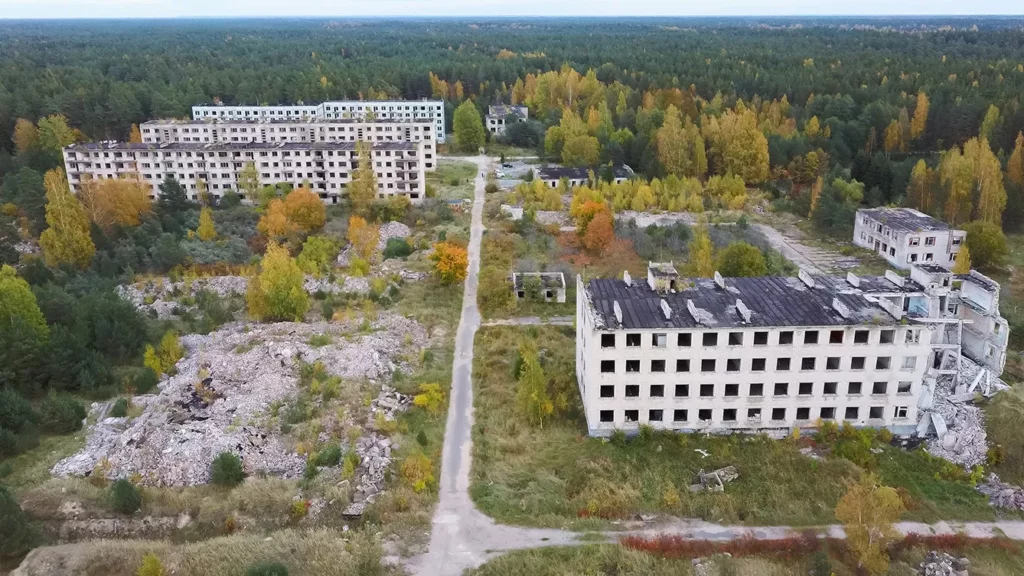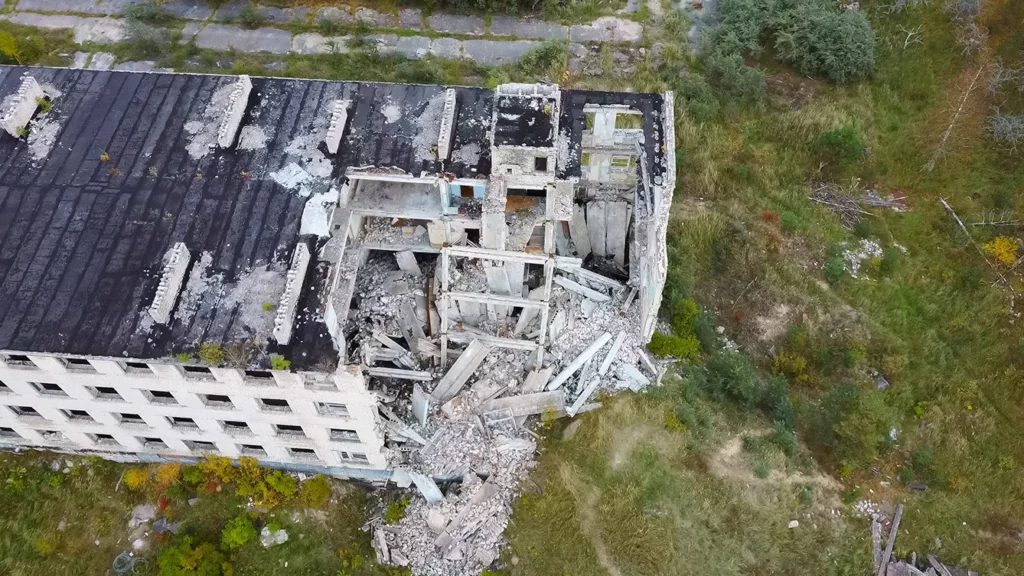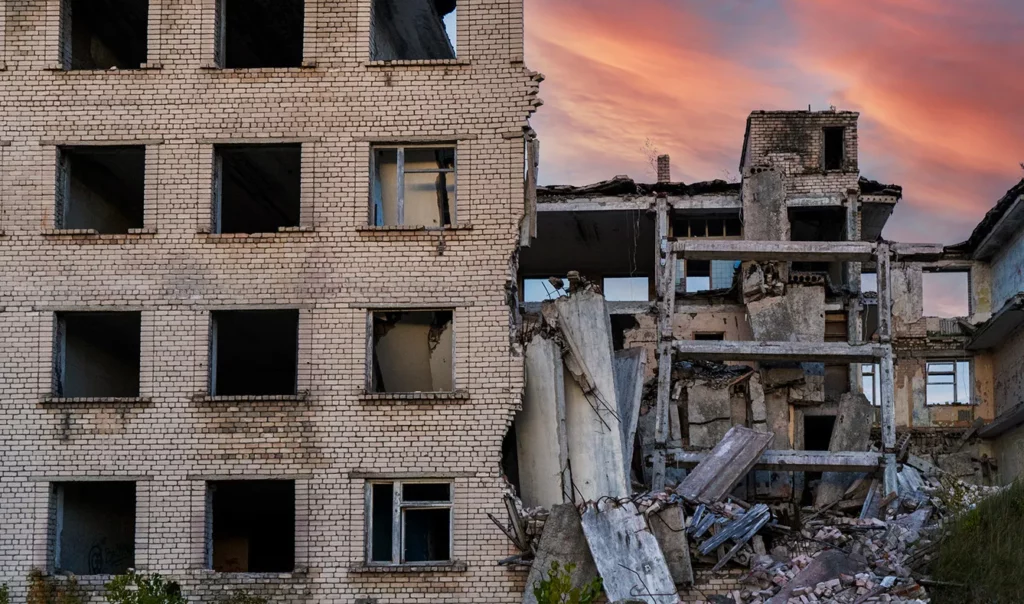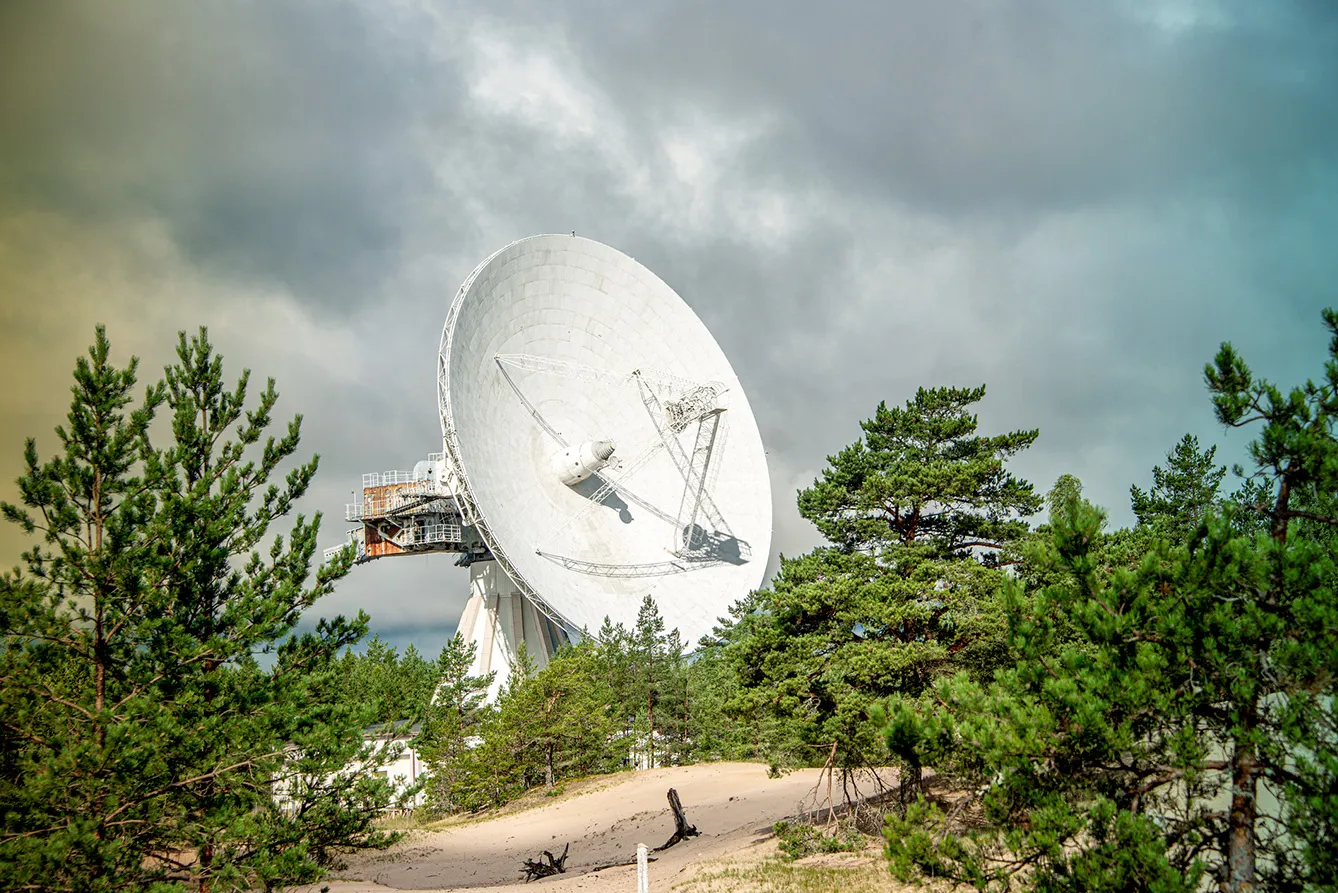There amid the towering trees of a dense forest in western Latvia, stands something even taller. This giant radio telescope is part of the Ventspils International Radio Astronomy Center (VIRAC) – a cutting-edge facility heavily invested in space research. For years, however, the wonder of engineering served a much more sinister purpose – spying for the Soviet Union. Between the late 1960s and Latvia regaining its independence, this was the site of a top-secret operation.
Contribution to international space research
Today, the VIRAC, which is an institute of the Ventspils University of Applied Sciences, operates in four research areas: astronomy and astrophysics, remote sensing, data processing or high-performance computing, and electronics and satellite technology. Its team contributes to interstellar cloud observation and performs forest resource and oil slick pollution monitoring, for example. The institute is now also home to a low-frequency array or LOFAR station for advanced astronomical observations and participates in European Space Agency projects and international missions.
Its tallest parabolic radio telescope antenna, the RT-32, is the largest such dish in Northern Europe and the eighth largest in the world. The VIRAC also has a second, smaller antenna, the RT-16, with a diameter of 16 meters. Both are fully turnable, and an underground tunnel connects them.





Spy towns… not just a thing of movies
Founded in 1967, the original facility, referred to as Zvezda (Star), monitored what the West was up to. At the time, satellite communication was developing fast, and the Soviet Union established a network of intelligence centers to keep its finger on the pulse. It is said that they spied on the Apollo program, the United States troops leaving Vietnam, and other significant events. The VIRAC has gathered such information from people who once served on the site but reminds us that human stories cannot always be taken as fact.
Along with the technical infrastructure, the union built an entire town to house approximately 2000 army officers and their families in Irbene near the coast of Latvia, the westernmost point of the union. The town had its own school, gym, shop, and other essential facilities. Although the large radio telescope could be seen from afar, the site’s purpose was kept secret. Even people living there had little idea of the full story of what went on there.
A curious kind of “VIRAC tourism”
Following the fall of the Soviet Union, its army kept a presence in the area until 1994. It did not leave quietly, leaving serious damage in its wake. Cables were cut, nails hammered into them, and acid poured over the electrical systems to inhibit further use of the high-tech facility in Irbene. The soldiers also dismantled a third, smaller radio telescope with an eight-meter diameter.
Fortunately, enough remained to be able to give a new lease of life to the RT-32 and RT-16 in now-independent Latvia. The town, however, has long fallen into a state of disrepair, attracting fans of abandoned places. For safety reasons, wandering into its crumbling buildings is not advised. Curious visitors are better off booking a guided tour of the VIRAC as part of their trip to the beautiful west coast of Latvia, with its miles of sandy beaches and quaint old fishing villages.







